Time management in JEE Main 2025 exam is a crucial part to score higher marks in the exam as it involves answering the required number of questions and avoiding negative markings in the given time. JEE Main time management strategy includes understanding exam pattern, devising a study plan and many more.
Table of Contents
JEE Main 2025 exam date is released and the exam is scheduled to be conducted from Jan 22-31, 2025 as a computer-based test. Candidates appearing for the exam must have a JEE Main preparation plan which includes time management tips, strategic study plan, mock assessments, etc.
Notably, The JEE Main 2025 is an exam where knowledge content is not sufficient, strategy and time management skills are vital as well. In this light, the question arises about how time allocation should be done. Here are some effective techniques for JEE time management and suggestions to remember also while preparing for the exams.
Why Time Management is Crucial in JEE Main?
Envision, you are at the examination hall, sitting for the paper, and the clock is making a sound of tin-tin-tin. Of course, if you were to manage your time efficiently, phrasing in time management in JEE Main, in general, would spell recklessly indeed. How do you achieve this speed and accuracy? That is the crux of the achievement. Let us examine you closely.
1) Understand the Exam Structure
Now, before you tackle the problem of time management, you must be aware of the JEE Main exam format and its structure:
- Subjects covered: Physics, Chemistry and Maths.
- Total Questions: 90, 30 for each subject, consisting of MCQs and Numerical.
- Total Exam duration: 180 minutes
On average, you have two minutes for each question. However, with the effectiveness of various question types, there will always be questions that would take more time, thus making planning essential.
Read More: Subject-Wise Study Plan for JEE Main 2025 Maximize Your Preparation
2) Start with a Clear Plan
The JEE Main has a vast syllabus with different questions. So, you must prepare a timetable corresponding to the JEE examination pattern.
Break the Study Time
- At least ensure that you set aside a certain number of daily hours for Physics, Chemistry, and Mathematics.
- Also, reserve some extra time for the particular subjects or the topics you find difficult to understand.
- Another strategy is to take your studying in two shifts of 45 minutes with a break of 10 minutes between them as this will help avoid fatigue and also allow for some effectiveness.
Simulate Exam Conditions
- Don’t forget to attempt full-length mock examinations in the exam environment.
- To gauge how long to spend on each section, try timing yourself to get an idea.
Also Read: How to Balance JEE Main Preparation With Board Exams? Detailed Study Schedule
3) Prioritize High-Scoring Topics
Time is always of the essence in JEE Main, so focus on topics that often qualify and are of great value:
- Physics : Mechanics, Electrodynamics and Optics
- Chemistry: Organic, Physical
- Mathematics: Analysis, Algebra and Geometry of points and straight lines.
These topics can form a large part of your work with a little of effort in these topics but this is the expectation.
4) The Basic Mantra: Read, Solve and Skip
While attempting exams, it is common to answer only a few questions on a tough question and it is quite difficult to refrain from doing so. Follow through these steps and avoid this problem:
- Read: Get the underlying nuances of the questions in terms of their needs and requirements.
- Solve: If a question has a straightforward answer For you, then answer it immediately.
- Skip: If answering a particular question because of its complexity will consume much time – move on. You may come back to it if time is available.
5) Optimize the Answering Strategy
Essentially, there is a plan to follow while answering questions in the JEE Main examination to ensure time is used effectively during the exam. Here’s what you should do for all of the sections clearly:
Physics
- Don’t focus too much on theoretical questions. Try to have as many numerical problems as possible since they are worth more.
- It is not enough to memorize formularies but to use them alongside tests that moments are to eliminate.
Chemistry
- Inorganic Chemistry is easy to remember and does not require much time. It is good to start with that first, particularly in Physical chemistry, leaving time-consuming computations till the end.
Mathematics
- Don’t begin with intricate concepts; instead, try starting with easy calculations, Frobenius Algebra, solutions, or other problems you are comfortable with.
- So, in this case, one would first want to work on the solver before finishing the graphs and the field patterns.
6) Practice Smart Revision
Revision is crucial but could be time-consuming if not done properly. In this section, we will look at some tips on how to do effective revision;
- Use flashcards to revise formulas, theorems, and concepts as needed.
- Practice past year’s question papers to familiarize yourself with the questions that keep coming up.
- Ensure that you strengthen the weak links even as you build on the strong links.
7) Avoid Common Time Wasting Traps
To avoid ineffective approaches, do not keep the following kinds of habits:
- Overthinking: If you can’t resolve a question, mark the answer without solving it and carry on.
- Perfectionism: Stretching to solve a perfect answer is not the target. Trying to spend 10 minutes on one question is a waste of time.
- Distractions: In the exam hall, don’t think about the business of other students; focus on your question paper only.
8) Take Care of Health
It may not be immediately obvious but good time management skills can be attributed to good mental and physical health.
- Sleep well: A well-rested mind functions better and solves more problems in less time.
- Drink a lot of water: A dry mouth is a sign of dehydration and dehydration reduces concentration.
- Be calm: Practicing deep breathing exercises calms down the nervousness of examination and improves focus.
9) Post-Exam Reflection
When the session is finished, instead of making a rush out of the room, take the final few minutes to:
- Look for any missed questions
- Double-check the answers you have already marked.
- Investigate and check whether all calculations are right.
Also Read: Tips & Tricks to Score 200+ Marks in JEE Main in 1 Month
However, learning how to manage time during the JEE Main exam does not only mean working more but implies working efficiently. Let’s turn the focus to JEE Main 2025. With these pointers, you are not just attempting to complete an examination—you are solving a problem.




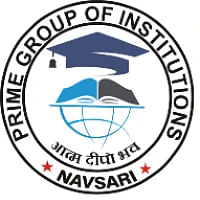
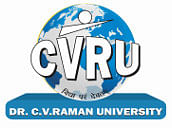

![Indian Institute of Technology, [IIT] Kanpur](https://media.getmyuni.com/azure/college-image/small/indian-institute-of-technology-iit-kanpur.jpg)
![Indian Institute of Technology, [IIT] Roorkee](https://media.getmyuni.com/azure/college-image/small/indian-institute-of-technology-iit-roorkee.jpg)
![Jawaharlal Nehru University, [JNU] New Delhi](https://media.getmyuni.com/azure/college-image/small/jawaharlal-nehru-university-jnu-new-delhi.jpg)
![University of Calcutta, [UC] Kolkata](https://media.getmyuni.com/azure/college-image/small/university-of-calcutta-uc-kolkata.jpg)




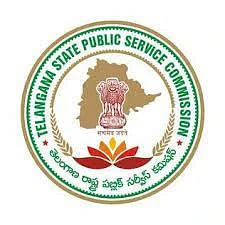








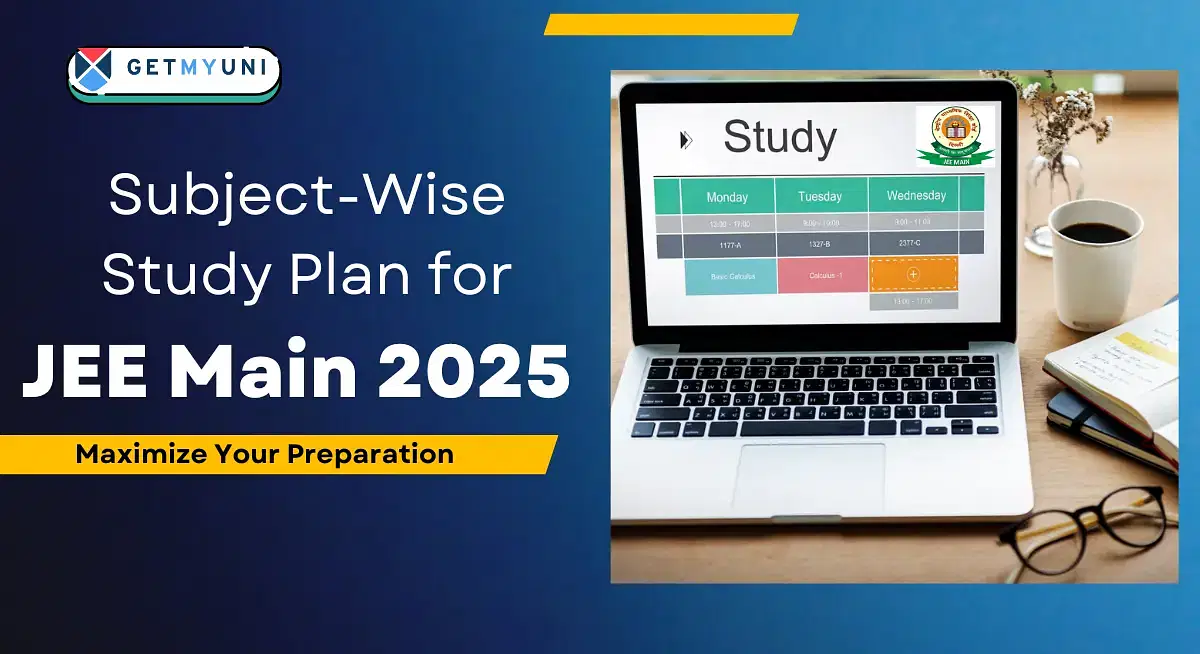



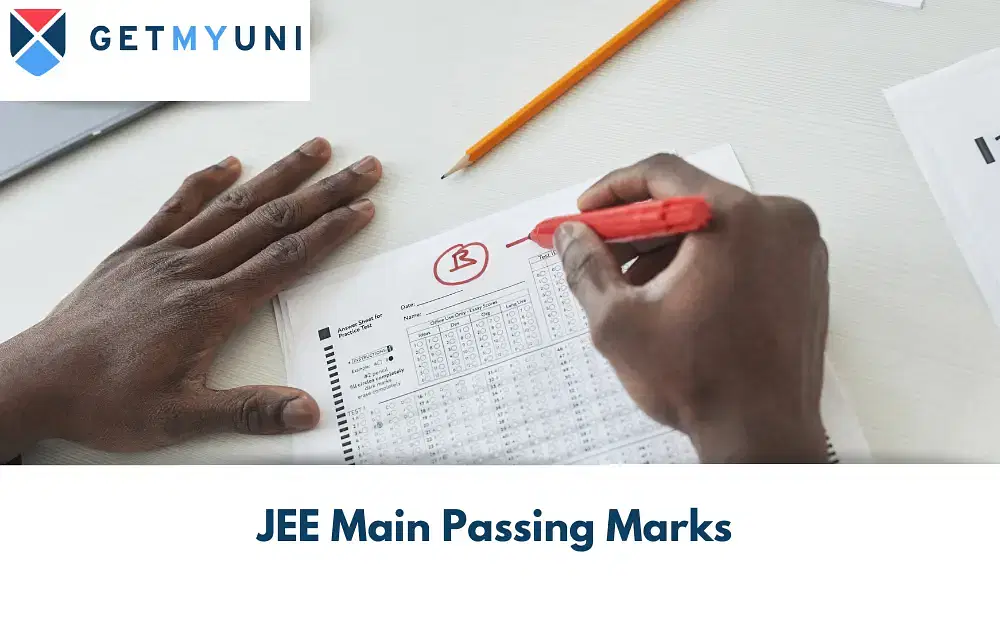






POST YOUR COMMENT